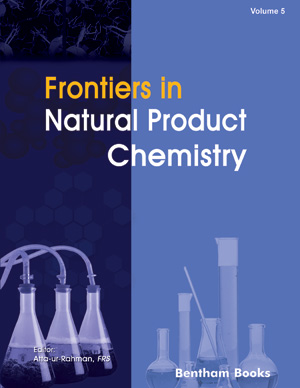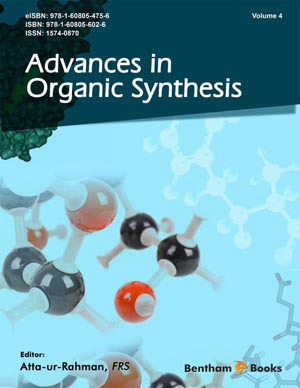Abstract
Non-communicable diseases (NCDs) such as cardiovascular diseases (CVD), type 2 diabetes mellitus (T2DMM), cancers, and chronic respiratory diseases are usually chronic in nature, and the mortality rate associated with these NCDs is high. However, epidemiological evidence implies a relationship between dietary polyphenols and reduced risk of a number of NCDs, and indicated that dietary polyphenols inhibit NCD-related pathological changes and prophylactically prevent occurrence of NCDs. In this review, I described the role of dietary polyphenols in the prevention of NCDs, and discussed the possible utility of several polyphenols as prophylactic agents for obesity, CVD, T2DMM, and cancer. Polyphenols are classified based on structure; particularly, flavonoids, which is further divided into six major subclasses, are the most common dietary polyphenols, and help in the prevention of NCDs. In addition, consumption of polyphenols was associated with a reduced risk of T2DMM and obesity. The preventive effect on NCD by polyphenols such as epigallocatechin gallate and resveratrol was associated with potent anti-oxidative and anti-inflammatory effects. Furthermore, these polyphenols regulated the signaling pathway, associated with NCDs. Polyphenol contributed to NCD prevention, and the protective effects may have resulted from its anti-oxidative and anti-inflammatory effect. The intake of polyphenolrich diets such as vegetable and fruit is important for prevention of NCDs. In future, the difference in polyphenol preventive effects and novel mechanism for preventing NCDs with polyphenol, need to be clarified.
Keywords: Non communicable diseases, Reactive oxygen species, Polyphenol, Cardiovascular diseases, Type 2 diabetes mellitus, Cancers and chronic respiratory diseases.






















